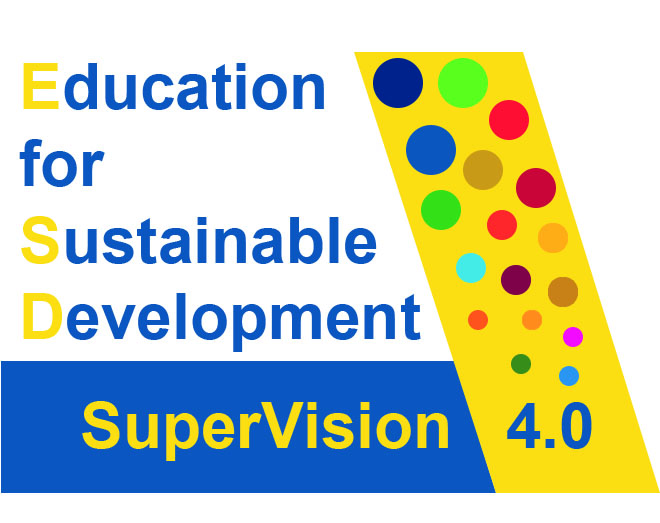Learning for the Future: Re-orienting School Education towards Sustainable Development
The document emphasizes the significance of adopting a whole school approach to education for sustainable development (ESD). It argues that ESD should not be limited to a single subject or isolated activities, but should be integrated into the entire curriculum and school culture. This approach aims to develop students’ knowledge, skills, attitudes, and values necessary for creating a sustainable future.
To achieve this, the document suggests several recommendations for curriculum design. It proposes embedding sustainability themes across different subjects, promoting interdisciplinary learning, and encouraging project-based and experiential learning. This approach allows students to explore real-world issues and develop a holistic understanding of sustainability.
Furthermore, the document emphasizes the importance of teacher training in implementing ESD effectively. It suggests providing professional development opportunities for teachers to enhance their knowledge of sustainability concepts and teaching methodologies. This includes promoting collaborative learning, critical thinking, and problem-solving skills among students.
The document also highlights the role of school leaders in driving the change process towards ESD. It suggests that school leaders should create a supportive environment that encourages innovation and collaboration among teachers. They should also foster partnerships with the wider community, including local organizations, businesses, and government agencies, to provide students with authentic learning experiences and opportunities to take action for sustainability.
In addition, the document emphasizes the need for monitoring and evaluation of ESD initiatives to assess their effectiveness and make necessary improvements. It suggests establishing indicators and benchmarks to measure progress and involve students, teachers, and the wider community in the evaluation process.
Overall, the document advocates for a comprehensive approach to ESD that goes beyond individual subjects or activities. It calls for the integration of sustainability themes throughout the curriculum, the development of key competences in students and educators, and the active involvement of school leaders and the wider community. By adopting this approach, schools can play a crucial role in preparing students to become responsible global citizens who can contribute to a sustainable future.
Learning for the Future requires us all to learn to live and work in more sustainable ways. This requires schools
where everyone cares; about themselves, each other, and about the planet; now and in the future. Schools where
caring touches everything they do – what and how students engage with learning and act as agents of change; how
schools manage their physical environment and resources; how staff and students relate to each other; how they
work with their local community – and how they reach out to the wider world.
These are schools where there is leadership at all levels for sustainable development to be addressed as an integral
part of the quality of the education provided, and embedded into all aspects of school life as part of a whole school
approach.
